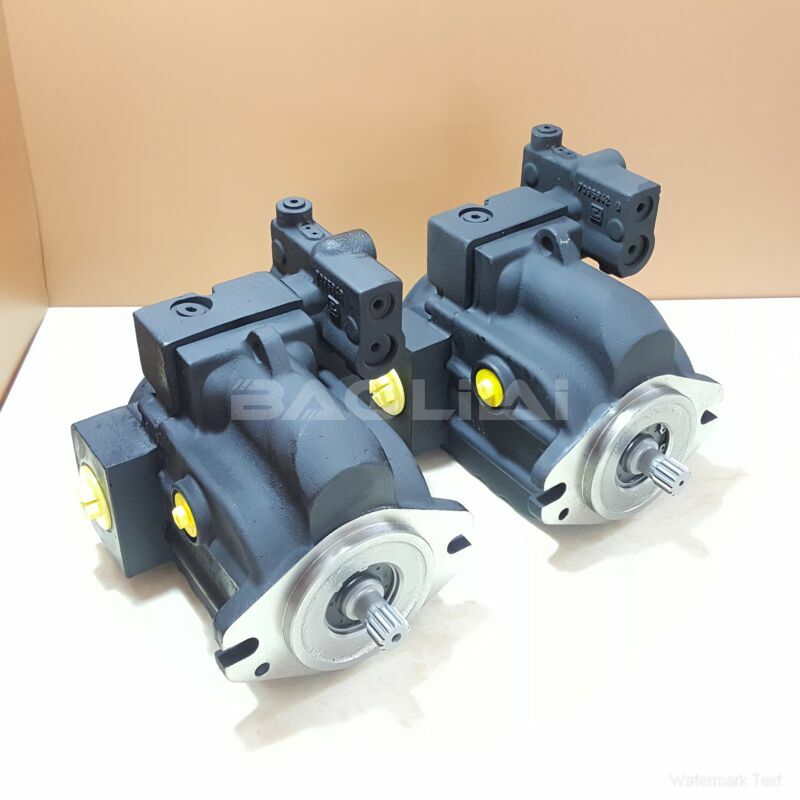LRL025CRP2020NNN3C2BGA6NPLBNNNNNN piston pump
LRL025CRP2020NNN3C2BGA6NPLBNNNNNN piston pump

- Product Details
- Applicable Scene
In the realm of industrial automation, efficiency and productivity are paramount. One of the pivotal components that contribute to these goals is the high-pressure pump. These pumps have become integral in various industrial applications, offering a myriad of benefits that enhance performance and streamline operations.
LR-L-025C-RP-20-20-NN-N-3-C2BG-A6N-PLB-NNN-NNN
LRL025CRP2020NNN3C2BGA6NPLBNNNNNN
High-pressure pumps are designed to operate at pressures exceeding 100 bar (approximately 1450 psi), making them essential for tasks that require fluid transfer under extreme conditions. Their applications span various sectors, including manufacturing, oil and gas, chemical processing, and food and beverage industries.

83005434
One of the primary advantages of using high-pressure pumps in industrial automation is their ability to improve operational efficiency. By delivering fluids at high pressures, these pumps can facilitate faster processing times, reduce cycle durations, and enhance productivity. For instance, in manufacturing processes such as injection molding, cleaning, and surface treatment, high-pressure pumps enable rapid movement of materials, ensuring that production lines run smoothly without unnecessary delays.
Moreover, high-pressure pumps contribute to cost savings. By optimizing fluid usage and reducing waste, industries can decrease operation costs significantly. For example, in waterjet cutting applications, high-pressure pumps allow for precision cutting with minimal material loss, leading to both financial savings and enhanced sustainability. This efficiency extends beyond just material savings; energy consumption is also reduced, as high-pressure systems often require less energy to move fluids compared to lower pressure systems.
In addition to improving efficiency and cost savings, high-pressure pumps also enhance product quality. In processes where precise measurements and control are critical, such as in pharmaceutical manufacturing, these pumps provide accurate flow rates and consistent pressure, ensuring that the final products meet stringent quality standards. The reliability of high-pressure pumps minimizes the risk of errors or defects that can arise from inconsistent fluid delivery.





